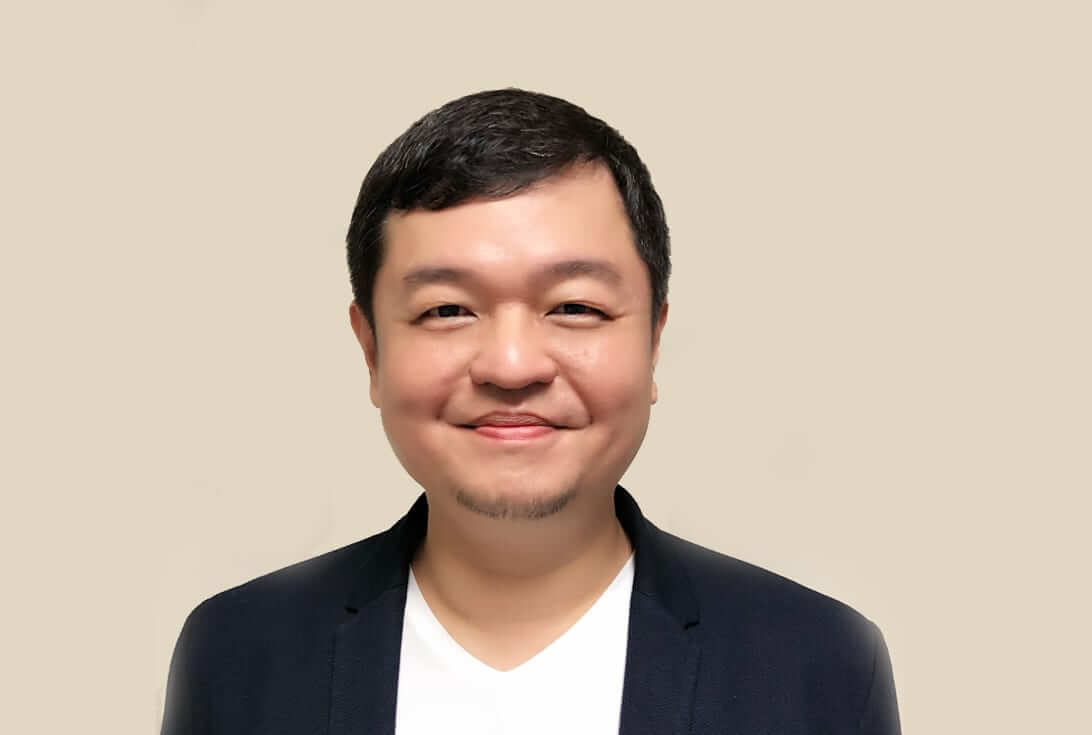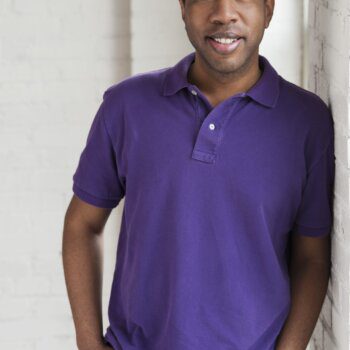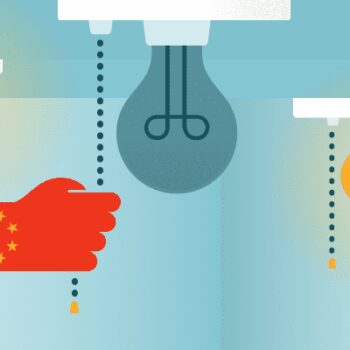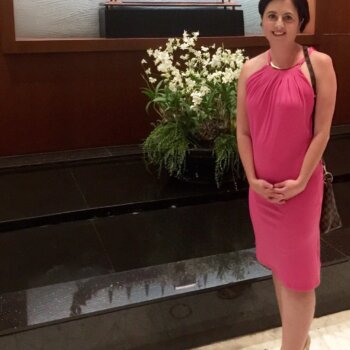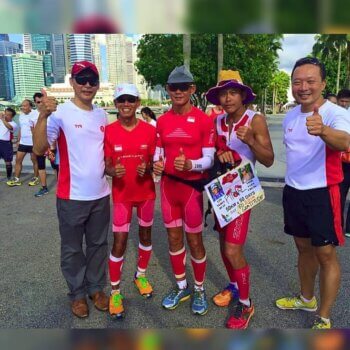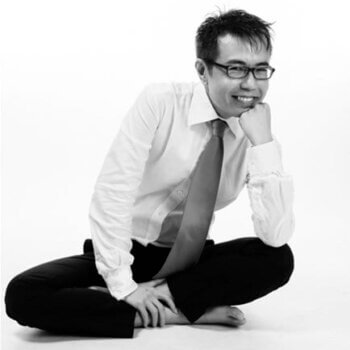Han Sing wanted to make education more affordable and accessible which lead him to start Tueetor, a fully-automated, location-based free service platform that enables users to instantly find tutors and trainers for a wide range of academic and non-academic subjects.
What’s your story?
It was in 2012 when I learned that a single-mother friend was on the brink of a mental breakdown. Her son was faring poorly in school and needed private tuition on a few subjects. She could not afford them. The pressure coming from her son, school, finances…were just too much to bear. At about the same time, I also had a business acquaintance whose daughter was suffering from Autism Spectrum Disorder (ASD) – the severe kind he claimed if not intervened by 5, would see his daughter institutionalised for life.
It was also after the financial crisis of 2008, a few other friends, mostly in their mid-30, 40, were out of jobs. We all know at that age, commitments – family, mortgages, loans, could be overwhelming. And it’s not easy to get rehired. We can only imagine the stress and helplessness.
So I thought: Is there a way to solve the pain points of these 3 groups of individuals – mainly, affordability + accessibility of education and employment? They are definitely not alone, and the problems not unique to Singapore.
And Tueetor was born as a result: a platform that helps learners find affordable and quality education – any forms of education both academic and non-academic – eradicating the inefficiencies that exist in the then broker-led segment. And through the same platform, trainers could offer these services with ease – part or full-time.
What excites you most about your industry?
“Education is the most powerful weapon which you can use to change the world.” – Nelson Mandela. Indeed, Education shapes individuals, communities, nations for the better, like no other. In the next 2 years, we want to bring Tueetor to more Asian countries, 15 in total and build the world’s largest education marketplace – our vision, one that is unseen at this point. And through the marketplace, we hope to empower, better the lives of Asians – especially the ones in developing countries – by providing them with access to quality and affordable educational resources.
What’s your connection to Asia?
Tueetor is currently available in Singapore, Malaysia, Indonesia and Thailand.
Favourite city in Asia for business and why?
Singapore. I guess I’m too addicted to the ultra-efficient and competitive society that I’m in. It gives me the high too. Products and services are always stone’s throw away, there’s a good balance of work-life. And food is always everywhere, every hour, cheap – don’t let the “world’s most expensive city” myth scare you.
What’s the best piece of advice you ever received?
Insanity is doing the same thing over and over again and expecting different results.
Who inspires you?
Mr Masayoshi Son, the founder and CEO of SoftBank once said, “Have passion, have a dream, for your own life. Life is only one time.”
Start-up journey is arduous and often lonely. You will always be tested, face criticisms and worse, cynicism – not just by people from the outside, but your team members sometimes, even yourself. If the cause is worth defending: stand firm in your beliefs, don’t lose sight of why you started it all, and fight to the death. Yes, you only live once, let there be no regrets.
What have you just learnt recently that blew you away?
Below is an excerpt from Bloomberg BusinessWeek, about Masayoshi Son and Anthony Tan, Founder of Grab when they first met:
“Anthony Tan, who co-founded the Grab taxi-hailing service, recalls first meeting Son a few years ago when the Japanese billionaire was considering investing in his startup. As the two chatted, Son mentioned his early support for Ma, then an unknown school teacher who is now the richest man in China. “Years ago, Jack Ma sat there,” Tan recalls Son telling him. “Anthony-san, you take my money. It’s good for you. It’s good for me. If you don’t take my money, not so good for you.”
Like so many others before and since Tan took Son’s money.”
What power play, and what powerful negotiators.
If you had your time again, what would you do differently?
I would read more.
How do you unwind?
Chat with my kids. Yes, no kidding. Sometimes you get the best life lessons and advice from 13 and 16 year-olds.
Favourite Asian destination for relaxation? Why?
Bali. Need I say more? 😀
Everyone in business should read this book:
Ice to the Eskimos: How to Market a Product Nobody Wants – by Jon Spoelstra
Shameless plug for your business:
Tueetor is a self-serve, automated, location-based, edtech platform that connects learners and trainers across 500+ subjects. There’s no finder’s fees, no waiting time, and a match is usually made under 2 minutes. In the past 2 years in operation, we have helped thousands find affordable and accessible education and created numerous job opportunities. We aim to bring Tueetor to more Asian countries and better communities. And we need all the help we can get.
How can people connect with you?
https://www.linkedin.com/in/tan-han-sing-3851b71/
Twitter handle?
https://twitter.com/tanhansing
—
This interview is part of the ‘Callum Connect’ series of more than 500 interviews
Callum Laing is an entrepreneur and investor based in Singapore. He has previously started,
built and sold half a dozen businesses and is now a Partner at Unity-Group Private Equity and Co-Founder of The Marketing Group PLC. He is the author two best selling books ‘Progressive Partnerships’ and ‘Agglomerate’.
Connect with Callum here:
twitter.com/laingcallum
linkedin.com/in/callumlaing
Download free copies of his books here: www.callumlaing.com
